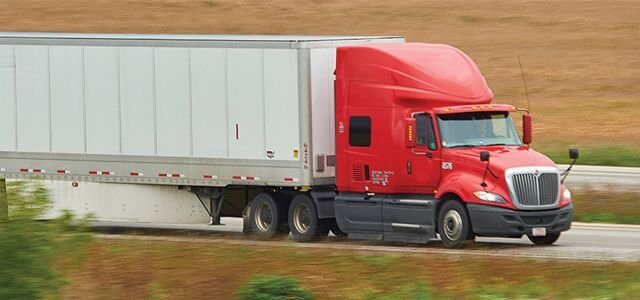
As a trucking professional, you already know that following the rules of the road is important for a number of reasons. What you may not consider, however, is just how important your title and registration status can be. Having your truck properly registered and your title ownership information up to date can be the difference between getting a ticket and going on your way in the event that you’re pulled over.
Thankfully, there are a few things you can do to keep from running afoul of the law while ensuring that your carrier is protected as well. Below are three simple tips for maintaining your title and registration:
Know Your State’s Laws
Trucking is unique as a profession because it often requires drivers to engage in interstate commerce. This may make registration sound complicated, but these matters aren’t really complex.
Whether your truck operates interstate or intrastate, it is required to be registered by your base state. Each state has its own regulations regarding vehicle registration, so you will need to work with your state’s Department of Motor Vehicles to understand your financial and legal obligations or those of your carrier. In most cases, the carrier is responsible for fleet management, and therefore, the carrier is responsible for ensuring that all vehicle registration matters are dealt with properly.
Know the Laws of Other States
If you deliver intrastate, you’ll likely be fine in only knowing the laws that pertain to registration compliance and title ownership in your state. If you drive interstate, you need to be aware of each state’s laws regarding these matters before you cross the border. While many law enforcement officials are forgiving when it comes to out-of-towners and ignorance of the law, you may not be so lucky since trucking professionals are expected to know the laws of the road in each state they drive in.
Have the Right Documents
Another thing that trucking professionals need to be aware of is the location of registration and title documents. Traditionally, these have been paper documents that usually get stored in a glovebox or similar compartment. These days, however, electronic documents can often be a substitute for paper documents, and electronic documents can also be shared and stored on devices like smartphones and tablets.
In any case, drivers need to know where to find the vehicle registration and title information in the event that it needs to be produced for the authorities. If you’re an owner-operator, you will be responsible for supplying these documents, but if you drive for a carrier, your fleet manager should be able to produce the right papers or files for you to maintain compliance.



